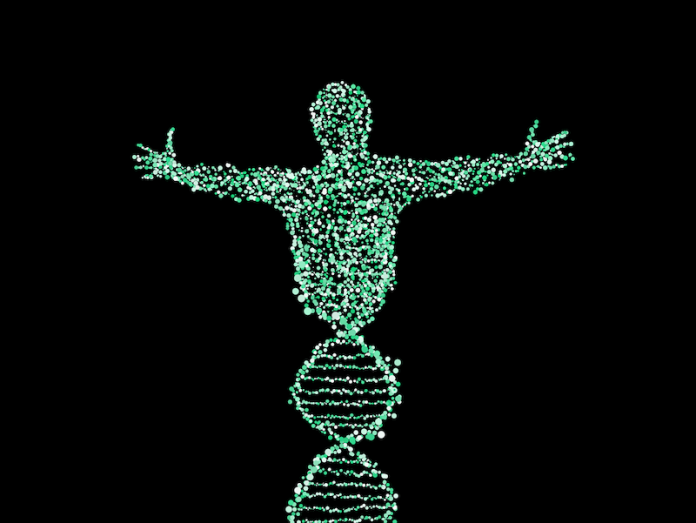
As we age, our bodies tend to develop diseases like heart failure, kidney failure, diabetes, and obesity, and the presence of any one disease increases the risk of developing others.
Traditional drug development targets only one condition per drug, largely ignoring the interconnectedness of age-related diseases and requiring patients to take multiple drugs, which increases the risk of negative side effects.
In a new study, researchers found that a single administration of an adeno-associated virus (AAV)-based gene therapy delivering combinations of three longevity-associated genes to mice dramatically improved or completely reversed multiple age-related diseases.
This suggests a systems-level approach to treating such diseases could improve overall health and lifespan.
The research was conducted by a team from the Wyss Institute for Biologically Inspired Engineering at Harvard University and Harvard Medical School (HMS).
The team focused on three genes that had previously been shown to confer increased health and lifespan benefits in mice that were genetically engineered to overexpress them: FGF21, sTGFβR2, and αKlotho.
They hypothesized that providing extra copies of those genes to non-engineered mice via gene therapy would similarly combat age-related diseases and confer health benefits.
The team created separate gene therapy constructs for each gene using the AAV8 serotype as a delivery vehicle and injected them into mouse models of obesity, type II diabetes, heart failure, and renal failure both individually and in combination with the other genes to see if there was a synergistic beneficial effect.
FGF21 alone caused a complete reversal of weight gain and type II diabetes in obese, diabetic mice following a single gene therapy administration, and its combination with sTGFβR2 reduced kidney atrophy by 75% in mice with renal fibrosis.
Heart function in mice with heart failure improved by 58% when they were given sTGFβR2 alone or in combination with either of the other two genes, showing that a combined therapeutic treatment of FGF21 and sTGFβR2 could successfully treat all four age-related conditions, therefore improving health and survival.
Administering all three genes together resulted in slightly worse outcomes, likely from an adverse interaction between FGF21 and αKlotho, which remains to be studied.
Importantly, the injected genes remained separate from the animals’ native genomes, did not modify their natural DNA, and could not be passed to future generations or between living animals.
The team says that achieving these results in non-transgenic mice is a major step toward being able to develop this treatment into a therapy.
This research marks a milestone in being able to effectively treat the many diseases associated with aging and perhaps could lead to a means of addressing aging itself.
The lead author of the study is Noah Davidsohn, Ph.D., a former Research Scientist at the Wyss Institute.
The study is published in PNAS.
Copyright © 2019 Knowridge Science Report. All rights reserved.



